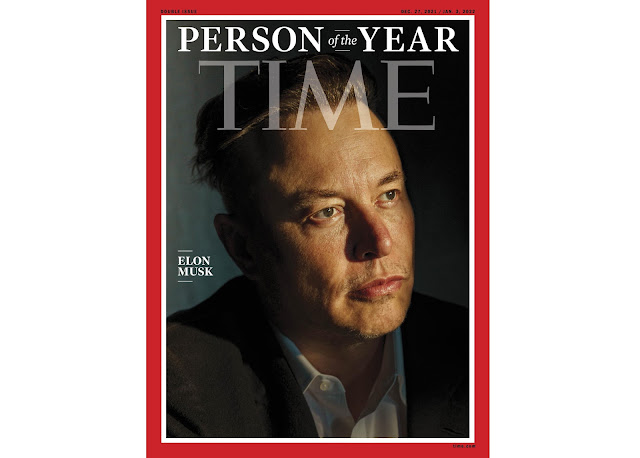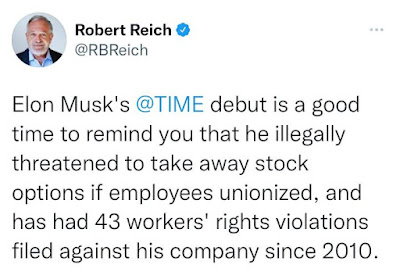Let me preface this with a note: I used to be a Republican.
I grew up in a family that always voted for Republicans. My dad was pro-business and anti-communist. My grandparents had a .38 revolver and were members of the NRA. I tend to joke that I was thirteen before I learned that "asshole democrat" was more than one word.
What happened? Dunno. Mostly I think I started looking at the actual data and results of political policies rather than focusing on the ideals espoused by politicians and going with "what we've always done." After a while I realized I really didn't like what I was seeing.
Because of the cognitive dissonance, I eventually had to accept the fact that I almost always sided with the policies of the Democratic party, and over the past 10 years or so I've become downright progressive. Again, not because of the ideals and such, but because I've found what they propose is much more inline with what would actually work in the real world.
I suspect my grandparents would have shifted to the left as well, though perhaps not as much as I have.
I mentioned the above to show that I try to consider policies based on their real-world merit rather than out of habit or some sort of "tribalism". Show me unbiased sources that reflect the consensus of experts in a field of study and I will accept their position as being the correct one. If that consensus changes then I will follow it where it leads.
Enough Background
So ... about the US minimum wage ... it's crap. If you look how the minimum wage has remained unchanged since 2009 while the inflation rate has averaged 2.14% per year, producing a cumulative price increase of 28.92%, it's clear that something is very wrong.
As an illustration, take a look at the table below. It shows the minimum wage for given years, what that would be annually for a 40-hour/week, 50-weeks/year job, the corresponding per-capita gross domestic product for that year, and the minimum wage as a percentage of that GDP.
You can see the problem, right? The GDP (overall productivity) has grown, but the actual workers' share of that productivity has been dropping like a rock.
Where's all that money going? That's a complicated discussion on its own, but the short answer is, "Into the pockets of the richest 0.1%".
Every time I think about this I come up with all sorts of questions, and the most repeated one is "Why isn't the minimum wage indexed for inflation?" Again, there's a lot to talk about with that so I'm going to just skip it all and propose what I think would be a fair solution.
Let's link the minimum wage to the per-capita GDP
I still have enough conservative ideals in me that I think businesses and entrepreneurs should be rewarded. However I don't see any reason that they should take the lion's share of the profits of work performed by their employees. To me that seems to go directly against the ideals promoted by libertarians - a hard working individual should receive the majority of the benefits of their work and not have it siphoned off by others. For some reason though, libertarians almost always side with the folks at the top of the pyramid. Kind of baffling, really ... I mean, when you actually think about it ...
Anyway, let's go back to those numbers. in 1965 the minimum wage was 65% of the per-capita GDP. If you dig in a little further that seems to have been a bit of an off year, so let's round it up to 70%. That's going to be our baseline - the average worker would be paid 70% of the value of their work.
When I phrase it that way it sounds kind of hinky, but I'll stick with it.
"But the GDP can fluctuate wildly," I hear you say. "That would make the minimum wage fluctuate and corporations would have all sorts of trouble planning."
Yeah, whatever. Corporations have to cope with all sorts of uncertainties and yet they are still profitable. That said, I don't like instability either; it's messy. So I'll add a tweak. We'll use a rolling average of the GDP to smooth out some of the noise.
"So if we set the annual minimum wage to be 70% of a 5-year rolling average of the per-capita GDP, what would it look like?" I'm glad you asked.
Kind of interesting, eh? The minimum wage under this system would have been a bit lower at the start, but look at the most recent years. That's about where progressives say it should be now (though they've been pushing for $15/hr. because that's a lot easier to sell in congress).
The best part of such a change though is that the public would no longer have to put pressure on the politicians to do the right thing. As the economy grows the minimum wage would follow right along, and if for some reason the economy crashes or sinks it would cut back to reflect the new reality.
I strongly suspect that a lot of people won't like this idea though.







